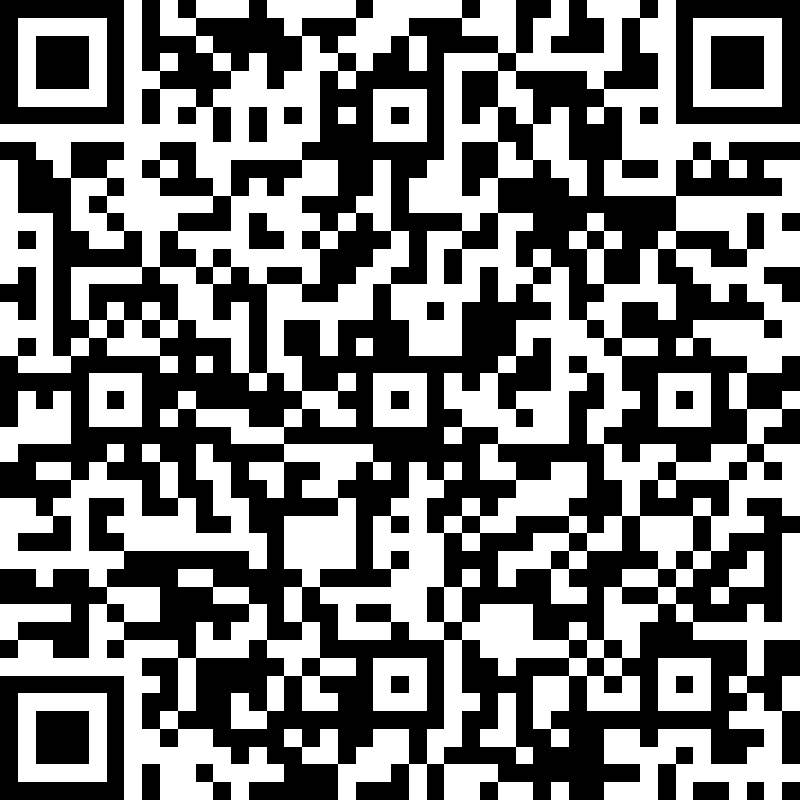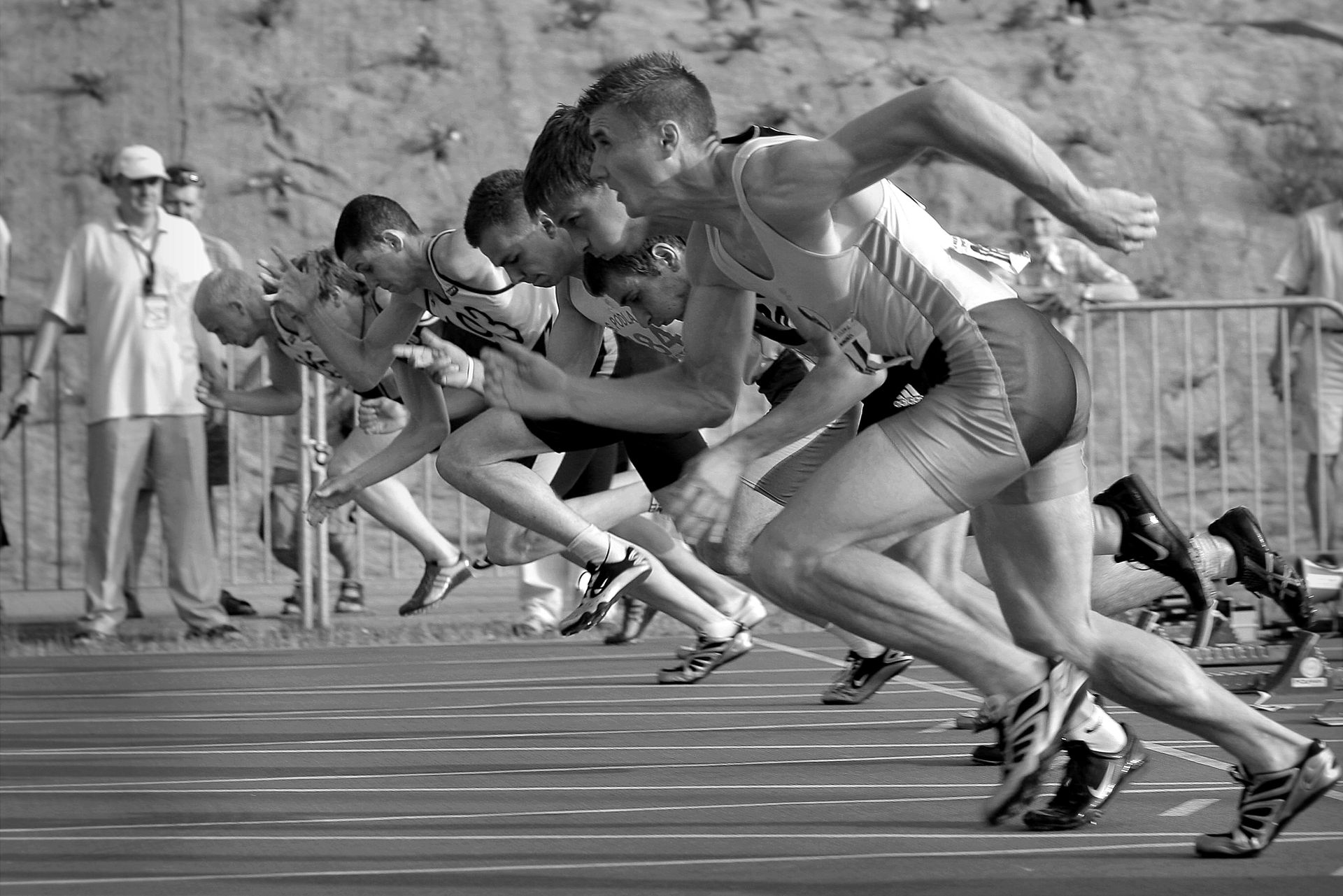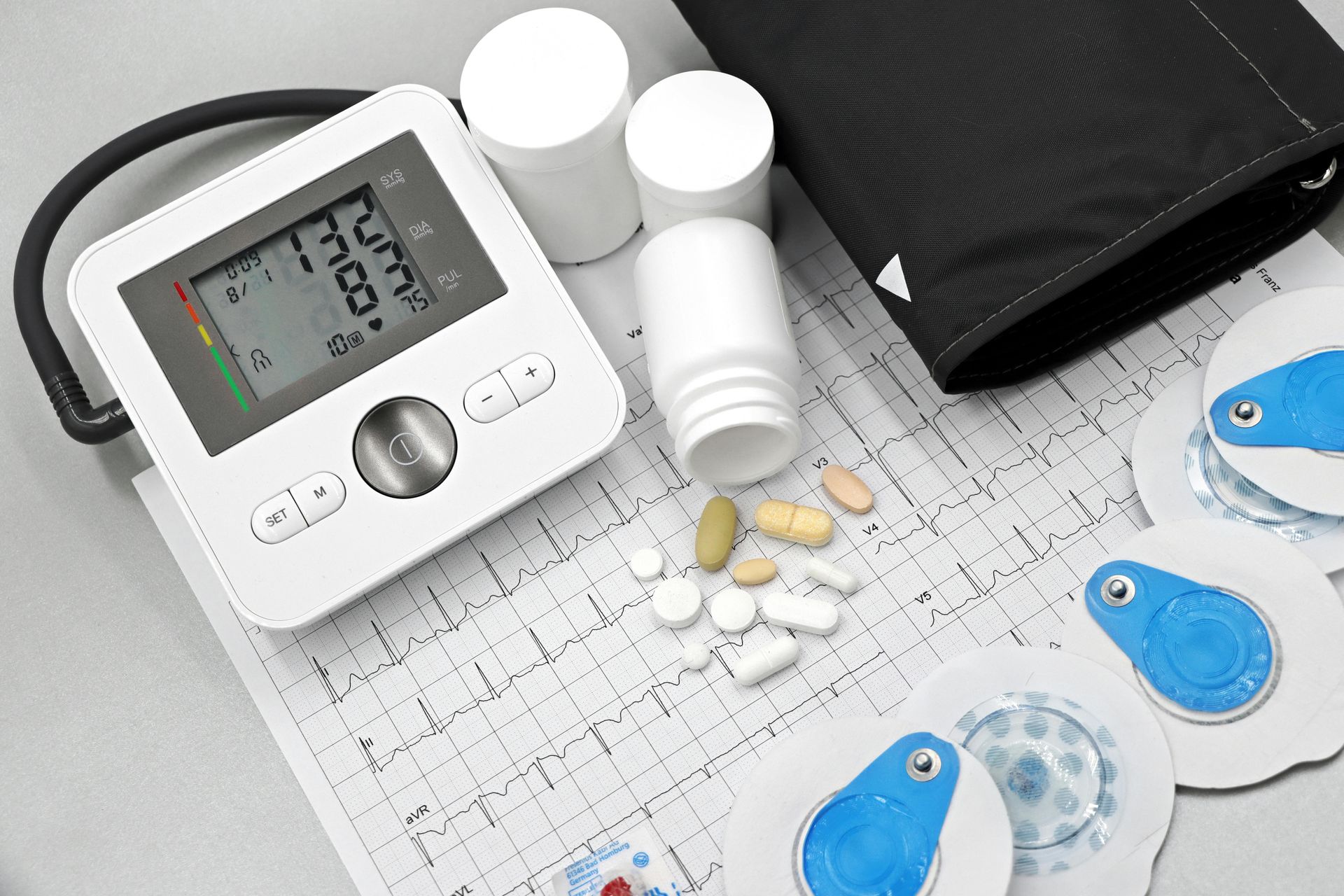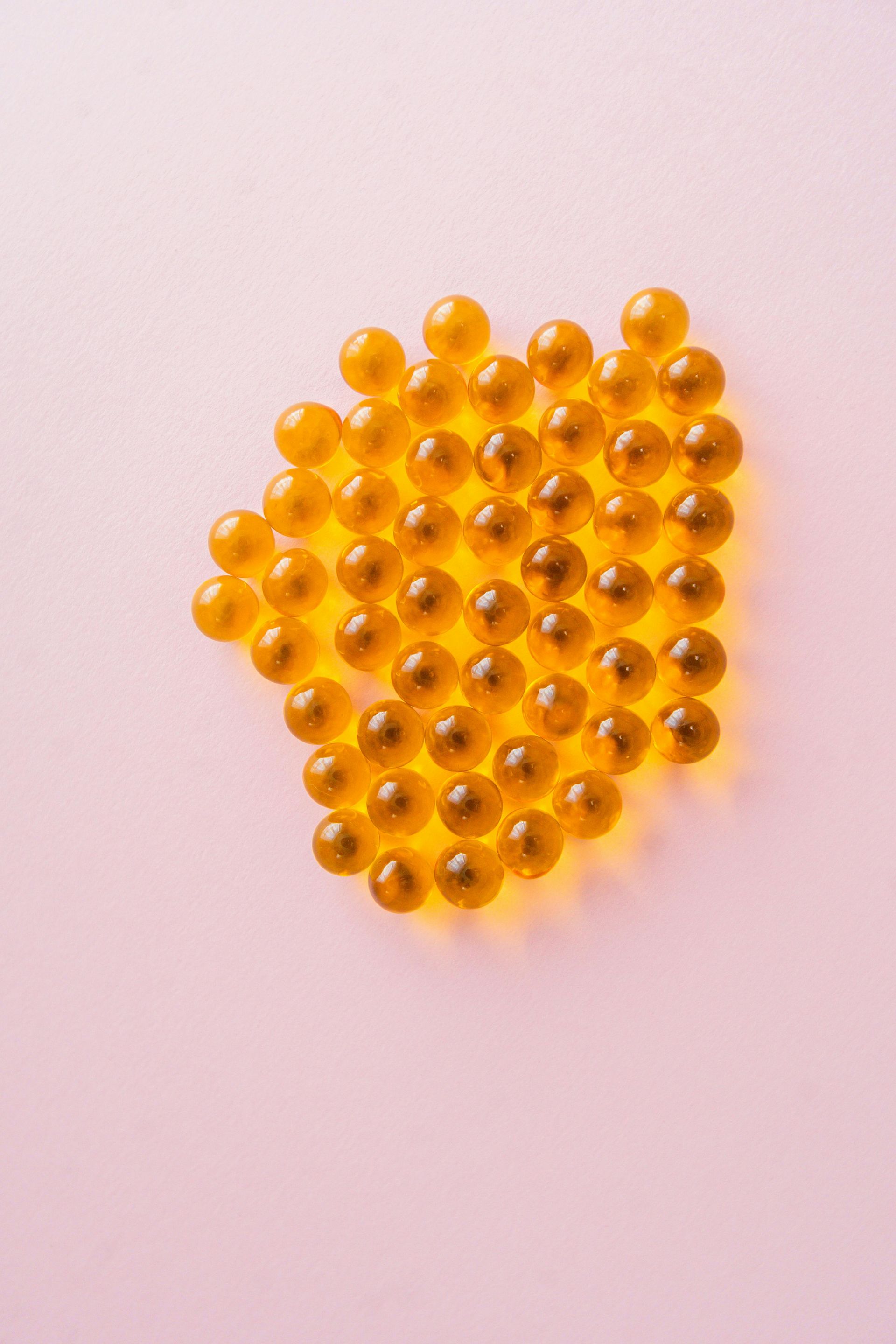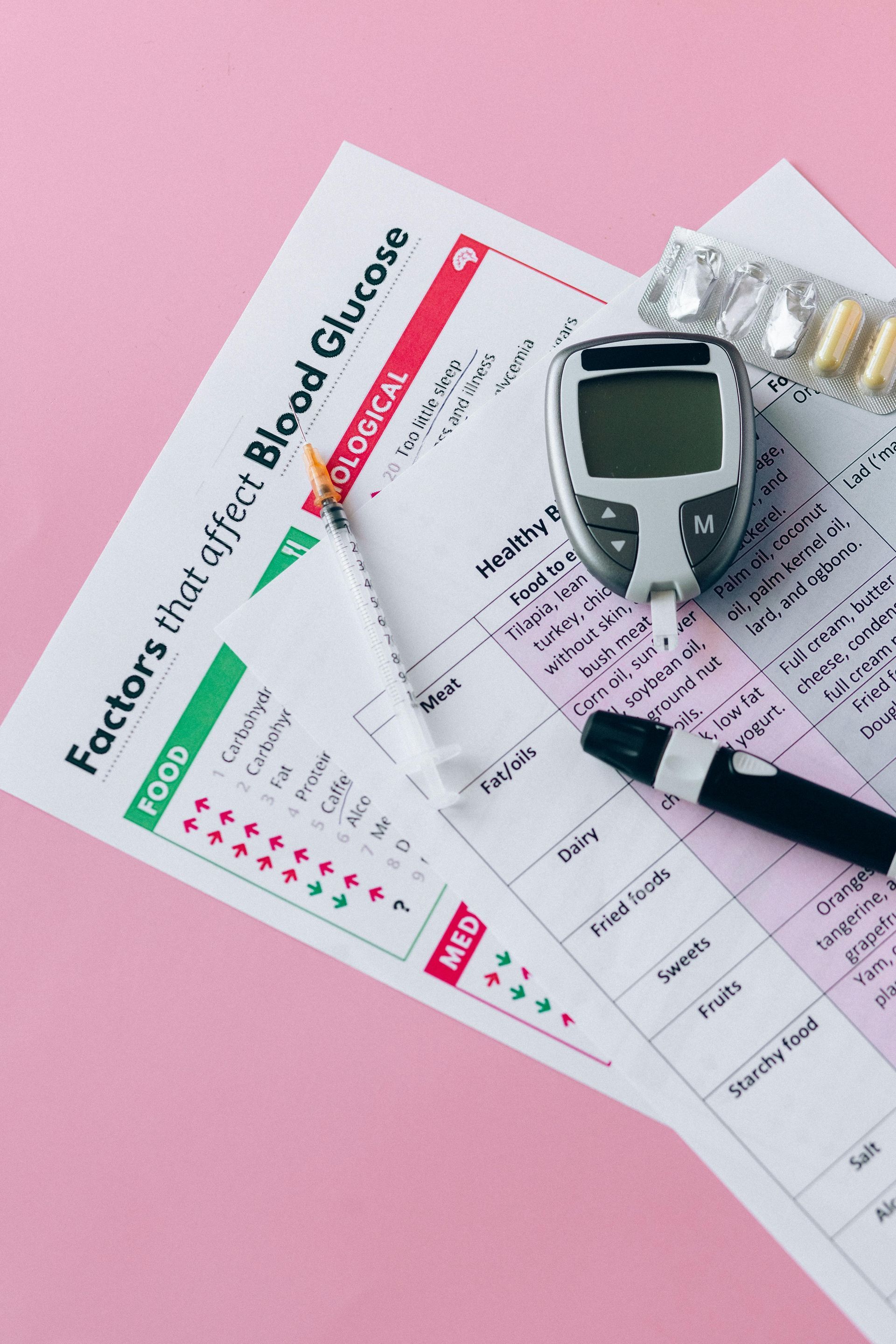When you hear “stress,” you probably think headaches, burnout, and sleepless nights. But a little, well‑timed stress can actually train your body to live longer and healthier. Scientists call this hormesis —and it’s reshaping how we think about aging.
The Science: How Mild Stress Extends Life
Mild stress activates protective molecules that prevent toxic protein buildup and trigger autophagy, the cell’s clean‑up system. These processes slow aging and improve cellular health.
Humans share these pathways—autophagy, antioxidant defenses, mitochondrial repair—so controlled stress can boost healthspan, not just lifespan.
Hormesis: The Goldilocks Principle of Stress
Hormesis is a “sweet spot” response: low doses of stress stimulate beneficial adaptation; too much becomes harmful.
Everyday hormetic stressors
- Exercise: Micro‑tears make muscles stronger.
- Intermittent fasting: Activates repair pathways.
- Heat & Cold: Saunas and cold plunges boost resilience.
Cellular pathways trained
- Sirtuins & NAD⁺(longevity proteins).
- Autophagy(recycling damaged proteins).
- Antioxidant defenses(stress‑resistance genes).
Is hormesis just for lab animals?
No. Human research on fasting, exercise, and sauna shows improvements in metabolic, cardiovascular, and cognitive health—consistent with hormetic adaptation.
Real‑Life Success Stories
Intermittent Fasting Wins
“Within months, my blood pressure normalized, the weight came off, and my energy returned.”
Intermittent fasting reduces body weight, improves insulin sensitivity, and enhances metabolic health.
From Prediabetes to Health
The 5:2 fasting method (normal eating 5 days, calorie restriction 2 days) helps reverse prediabetes and improve blood sugar control.
Heat & Cold for Brain and Body
Frequent sauna use is linked to lower dementia risk. Cold plunges boost dopamine and immune function, making people feel energized.
Practical Tips for Everyone
Quick Starts
- Move daily: 10‑minute brisk walk.
- Fast gently: Begin with a 12‑hour overnight fast.
- Temperature play: Try a 30‑second cold shower.
- Eat smart: Include polyphenol‑rich foods like berries and green tea.
Coach Yourself With Feedback
- Track sleep and energy—avoid overdoing stressors.
- Use the “Goldilocks Check”: if fatigue lasts >72h, scale back.
- For fasting & diabetes: monitor glucose and consult your clinician.
Mini‑Quiz: Find Your Hormesis Sweet Spot
Click an answer. Your score updates instantly.
1) Which mechanism is central to fasting’s health benefits?
2) Frequent sauna use has been associated with:
3) A documented acute effect of cold immersion is:
Score: 0 /3
The Big Picture
A little stress isn’t the enemy—it’s the trainer that keeps your cells sharp and resilient. The art is in the dose: enough challenge to spark adaptation; enough recovery to grow.





